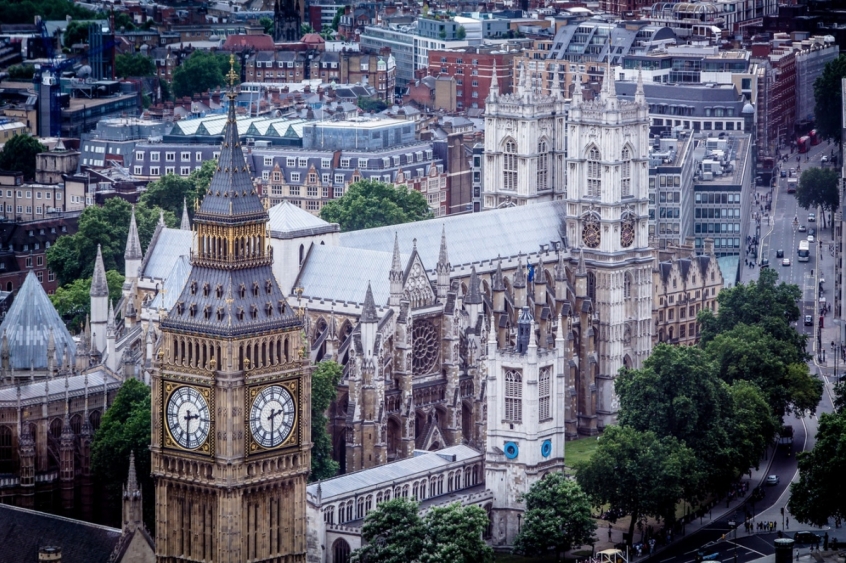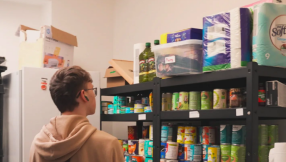
The Government has told the United Nations that freedom of religion or belief (FoRB) "continues to be a priority for the United Kingdom".
In a statement marking the end of the UN's 34th Universal Periodic Review of human rights, Lord Ahmad of Wimbledon said that the Government remained "deeply concerned by the scale and severity of violations of the right to freedom of religion or belief around the world".
Lord Ahmad, the Government's Minister of State for the UN, said that work was "already underway" to implement the recommendations of an independent review into religious freedom violations undertaken by the Bishop of Truro on behalf of the Foreign Office.
The review warned that the persecution of Christians worldwide was coming close to "genocide", but it also profiled the plight of other minority groups suffering for their faith, including the Yazidi and Rohingya.
The final report recommended that the Government initiate a new Security Council Resolution calling on all governments in the Middle East and North Africa to protect Christians, and impose sanctions on countries guilty of the worst religious freedom violations.
At the time of its release in July, the Government pledged to accept all of the recommendations.
Lord Ahmad, the Government's former Special Envoy for Freedom of Religion or Belief said: "Although the UK already does a lot to stand up for the millions of people around the world who are denied the right to have and practise a religion, belief, or no belief at all, according to their conscience, we know there is always more we can do.
"That is why, last year, we commissioned an independent Review into the support that the Foreign Office provides to persecuted Christians around the world. Work is already underway to implement its recommendations, which will not just support Christians, but members of other persecuted faith and belief communities too.
"I hope our Review encourages other Governments – even those where human rights are well established and upheld by the law – to explore what more they can do to support some of the most vulnerable people around the world."













